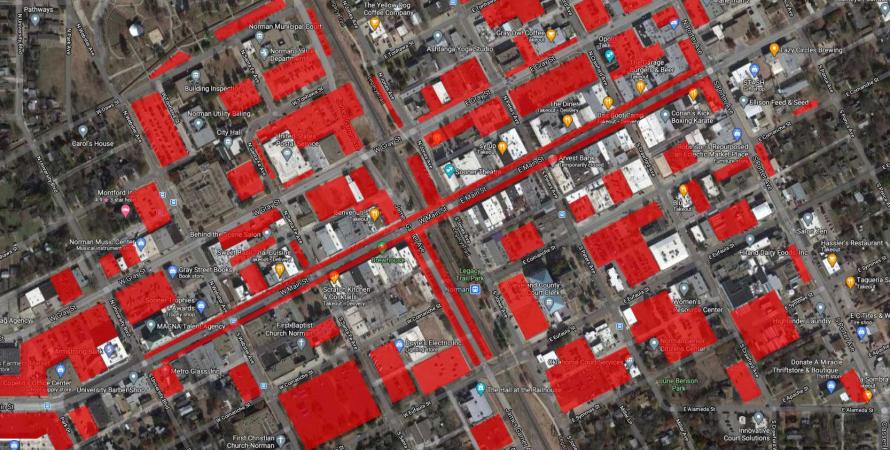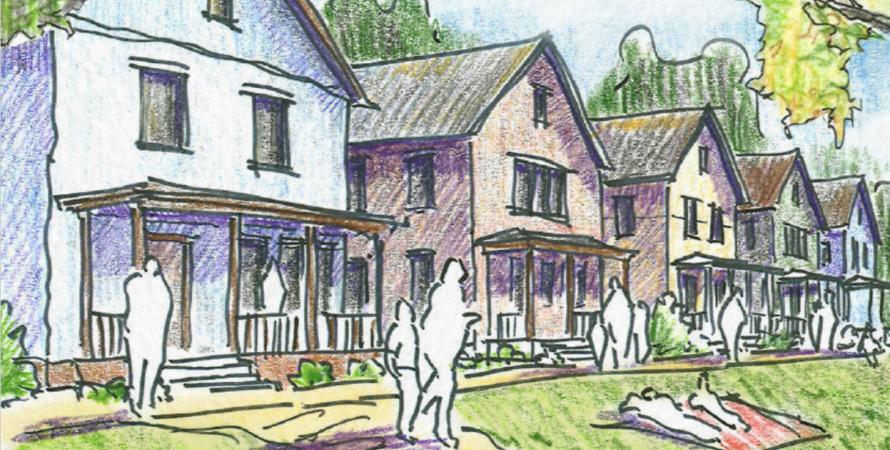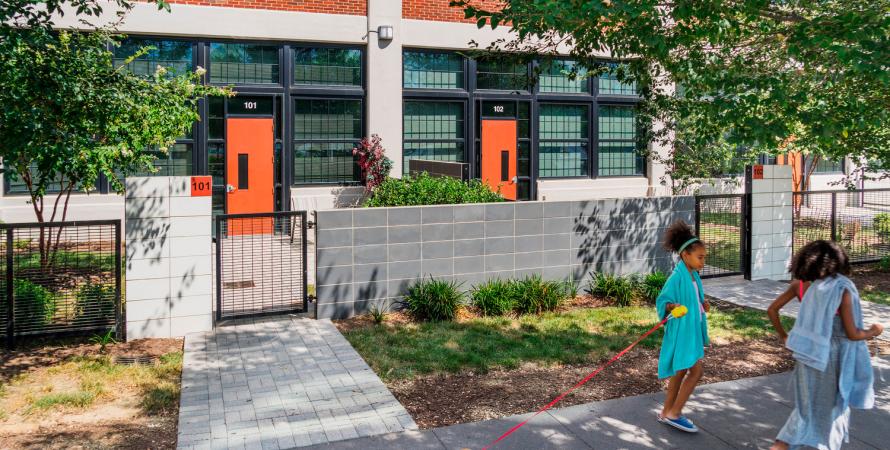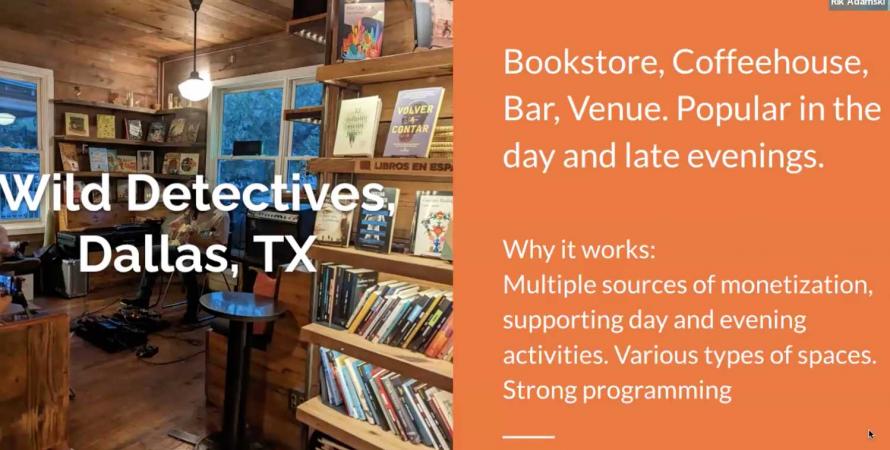-

Reforming parking by changing one word
Norman, Oklahoma, has devised one of the most efficient ways to reduce parking requirements and stimulate incremental development.Of all the 20th Century regulations that tend to prevent good urbanism, parking requirements may be the most easily remedied. Norman, Oklahoma’s third-largest city, located in the middle of the state, came up with a more efficient way to reduce off-street parking requirements than nearly any US...Read more -

Legacy Projects poised to make a difference
Reports from Legacy Projects highlight the potential of Norwood, Xenia, Amelia, and Camp Washington, Ohio.CNU’s 2024 Legacy Projects reports highlight the long-term potential and a wide range of solutions for the Cincinnati region, where the Congress was held in May of this year. The Legacy Projects start about six months before the annual CNU Congress. They leverage CNU’s planning and design expertise...Read more -

Apartments that engage the street
Stoops, dooryards, and porches make more engaging street frontages for apartments than the typical common lawn.Urban apartment buildings have made great strides in engaging adjacent streetscapes over the last 25 years. On primary streets, building amenities allow for commercial-like frontages and expanses of glass storefronts. On residential streets, the ground-floor apartments often directly access the...Read more -

Vanishing third places and what can be done
Creative, multipurpose spaces are the answer to dying third places, according to two experts on CNU's On the Park Bench.“Third places” are economically, socially, and culturally important, serving as much of the glue that keeps neighborhoods together. However, they have long been vanishing and weakening, according to Jaime Izurieta and Rik Adamski, who presented to CNU’s On the Park Bench. The trend has been...Read more